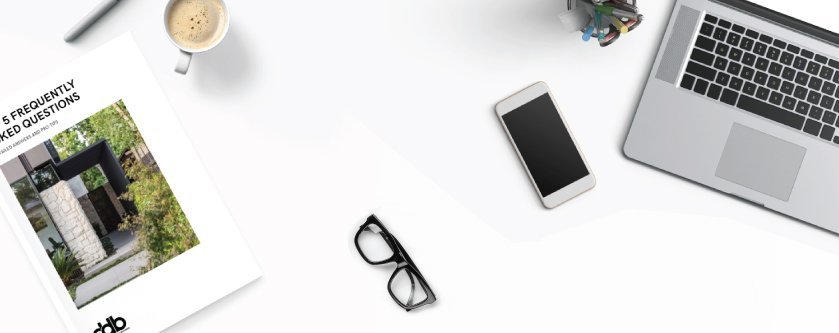
EMAIL #108 - 14TH FEBRUARY 2021 - HOW THE INTERNET CHANGES CULTURE
Hi Team,
Happy Valentine’s Day (if that's your thing?)
Victoria's culture is yet again under pressure from the COVID pandemic and the good and bad impacts will be playing out in real time this week with the whole state being locked down and one of the key drivers of the economy, construction being stopped for the first time (I think) ever? Good luck during the "flash lockdown" and feel good about doing your bit to stop the spread of this insidious virus.
I will get stuck into the far-reaching impacts of the pandemic on our culture next week, but today I will delve into the affects the internet and social media, in particular, is having on our culture. This has recently become a hot topic, especially over the last year with swathes of people working from home and everyone spending more time online than ever before. Last year the breakout movie "The Social Dilemma" staring Tristan Harris (founder of the Centre for Humane Technology) opened the worlds eyes to the insidious impacts social media is having on most cultures across the globe.
"We no longer have a choice on whether we DO social media, the question is HOW WELL WE DO IT?"
Erik Qualiman
Simon Sinek describes culture as "a group of people who share a common set of values and beliefs. Humans have succeeded because of their unique ability to form cultures." A relatively new social phenomenon, that is unique to social media, is how quickly and how broadly information now spreads. It is now widely known that negative and outrage-inducing content spreads the fastest and the furthest on social media. Added to this, people tend to believe and remember what upsets them the most, regardless of whether it is true. In Tristan Harris' words "social media is engineered to hijack our true beliefs and our values". Now that may sound very dramatic and alarming, but the facts are hard to ignore or take lightly. We have all experienced or witnessed the fact that rage inducing content or outrageous behaviour spreads the fastest of all across all social media channels. This constant stream of negative emotions and outrageous content frequently experienced on social media can slowly change the cultural narrative (I wrote about this last week) and is a corrosive influence especially for teenagers.
"Social media is about sociology and psychology more than technology." Brian Solis
The real problem with this constant tilting of the cultural narrative is that it has the power to divide and corrupt groups in our society. Because outrageous and negative information on the internet "goes viral" and spreads the fastest and some people actually believe it; it's very easy to see how groups of people become increasingly entrenched and narrow in their beliefs. What is most worrying is that a lot of this viral content tends to be anti-establishment. Some of these contrarian narratives get repeated like wildfire and this can end up changing and defining our culture.
The divisive anti-establishment power of social media has become very influential in politics and was especially evident during the recent American election. There seems no doubt that social media is the dominant contributor to the "cultural divide" plaguing American society and is seemingly putting significant pressure on our social fabric as well.
The main take away from "The Social Dilemma" is that we must all be aware of the power of social media to influence and shape our beliefs and change the cultural narrative. As parents it is our responsibility to openly discuss and mentor our children and their generation about the long-term impacts of how they interact with social media and how they communicate with their tribe.
Thanks for reading,
Stay safe and socially aware.
David.
